Hybrid well boat considered ‘huge upgrade’ and marks step towards more sustainable future
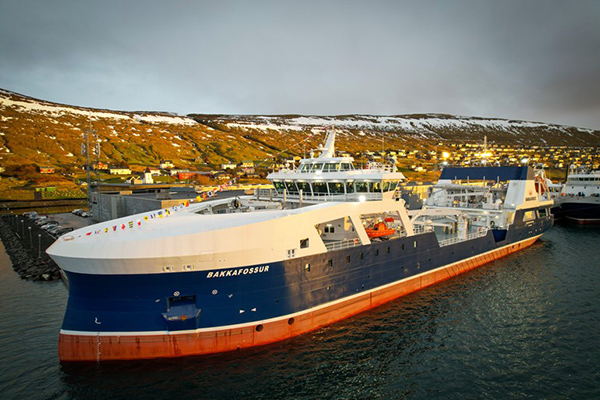
Bakkafrost, the leading producer of farmed salmon from the Faroe Islands, has added one of the largest well boats in the global aquaculture industry to its fleet. The hybrid 109-meter Bakkafossur can carry up to 1,000 tons of live salmon and is regarded as a “huge upgrade” to securing more responsible operations in the future.
“Aquaculture, and salmon farming in particular, is regarded as one of the best solutions for [more] sustainable food production when considering sustainability in the broadest sense,” said Regin Jacobsen, CEO of Bakkafrost. “The Faroe Islands offer many opportunities – thus it is of vital importance that the will, skills and regulations facilitate the utilization of these opportunities.”
In addition to the five diesel-electric engines, the vessel is equipped with large batteries, ensuring an approximately 20 percent increase in energy efficiency. The strategic placement of the engines on the top deck secures the opportunity for a swift change to sustainable energy solutions when such are available on the market.
Equipped with reverse osmosis technology for the desalination of water with a production capacity of 6,000 tons of freshwater a day, the vessel adds significant freshwater treatment capacity to Bakkafrost’s operations in the Faroe Islands. Treating salmon with freshwater is an efficient way to rinse the gills, restore gill health and ensure more robust and healthy growth.
In addition, Bakkafossur will be equipped with an FLS sea-lice removal system, increasing biosecurity in line with Bakkafrost’s sustainability strategy. The well boat is also equipped to service offshore farming operations.
“With Bakkafossur, we take a huge step towards both offshore farming and more sustainable operations,” said Jacobsen. “Our vision for the Faroe Islands is to increase our production output significantly to increase the general supply of sustainable ocean food, contributing to the sustainable transformation of the world’s food system.”
Follow the Advocate on Twitter @GSA_Advocate
Now that you've reached the end of the article ...
… please consider supporting GSA’s mission to advance responsible seafood practices through education, advocacy and third-party assurances. The Advocate aims to document the evolution of responsible seafood practices and share the expansive knowledge of our vast network of contributors.
By becoming a Global Seafood Alliance member, you’re ensuring that all of the pre-competitive work we do through member benefits, resources and events can continue. Individual membership costs just $50 a year.
Not a GSA member? Join us.
Author
Tagged With
Related Posts
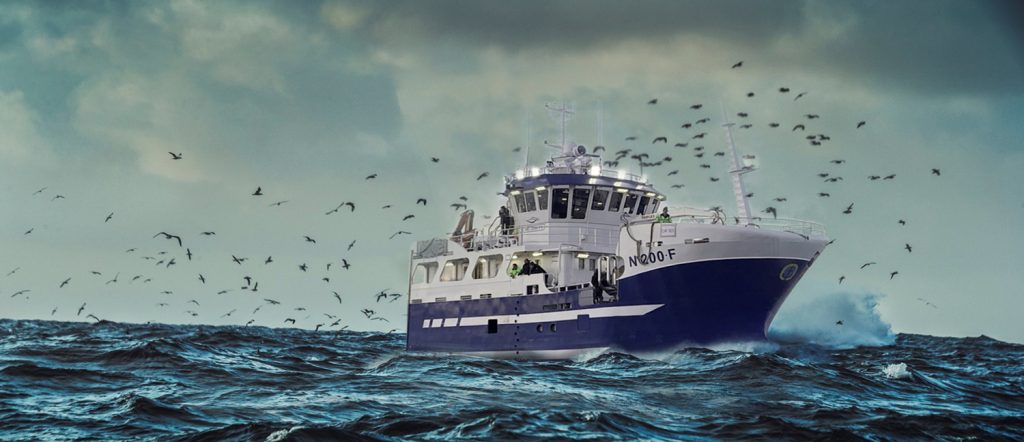
Responsibility
Net-zero heroes: Hybrid and electric commercial fishing vessels set out to cut the industry’s carbon emissions
From electrified fishing fleets to hybrid wellboats, the seafood community is looking to decarbonize commercial fishing vessels and reduce carbon emissions.
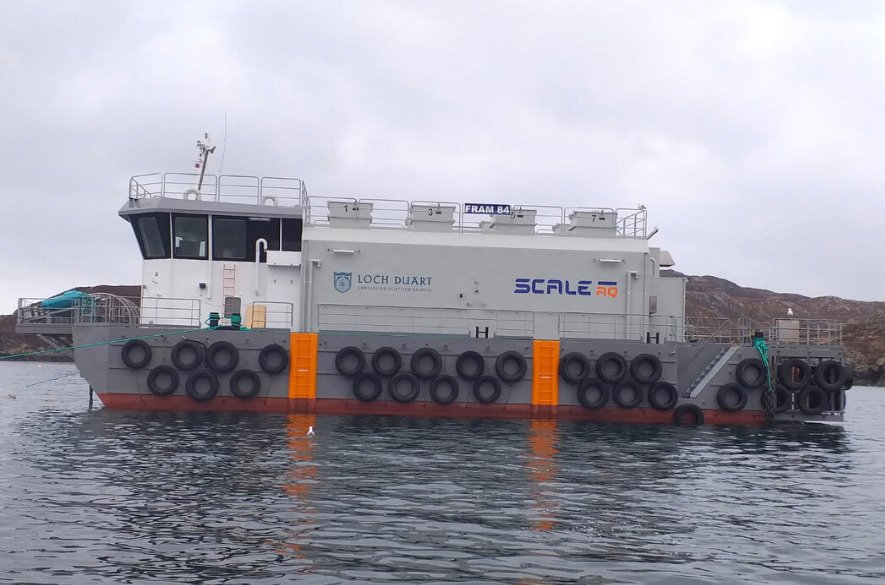
Responsibility
Scottish salmon farmer introduces hybrid feed storage barge to reduce carbon footprint
Loch Duart, an independent Scottish salmon farm, has introduced a hybrid feed storage barge to reduce its carbon footprint.
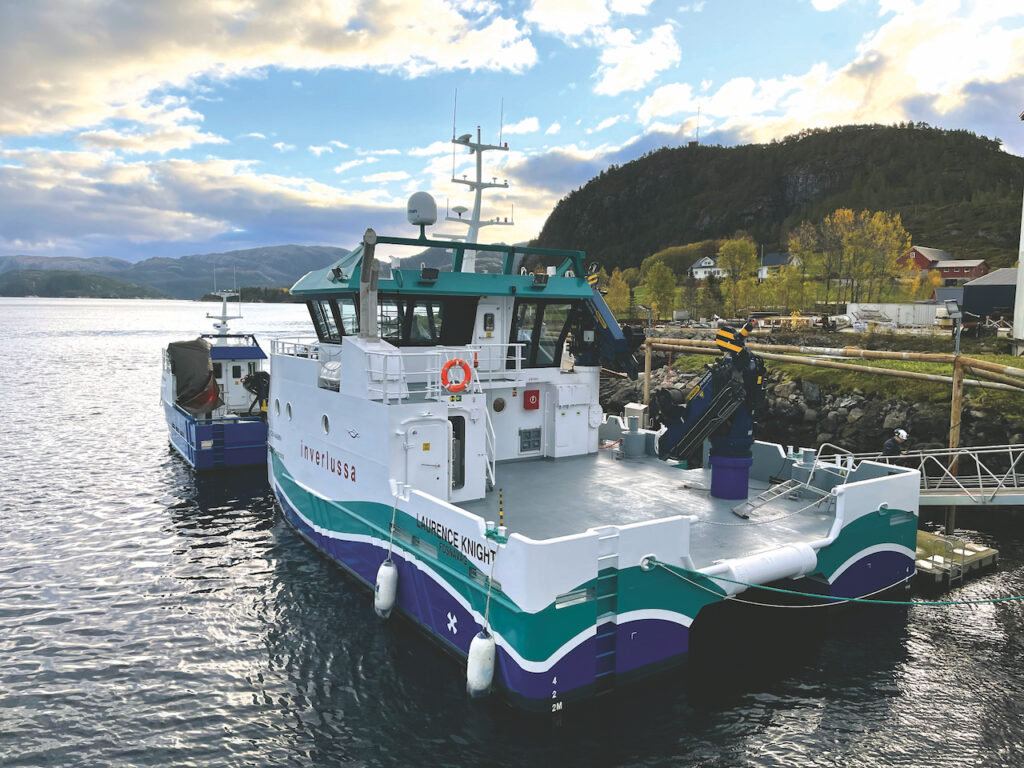
Responsibility
Scottish Sea Farms launches hybrid-power workboat to reduce carbon footprint
Scottish Sea Farms has added a hybrid power workboat to its fleet, which could cut fuel costs by up to 50 percent and reduce its overall carbon footprint.
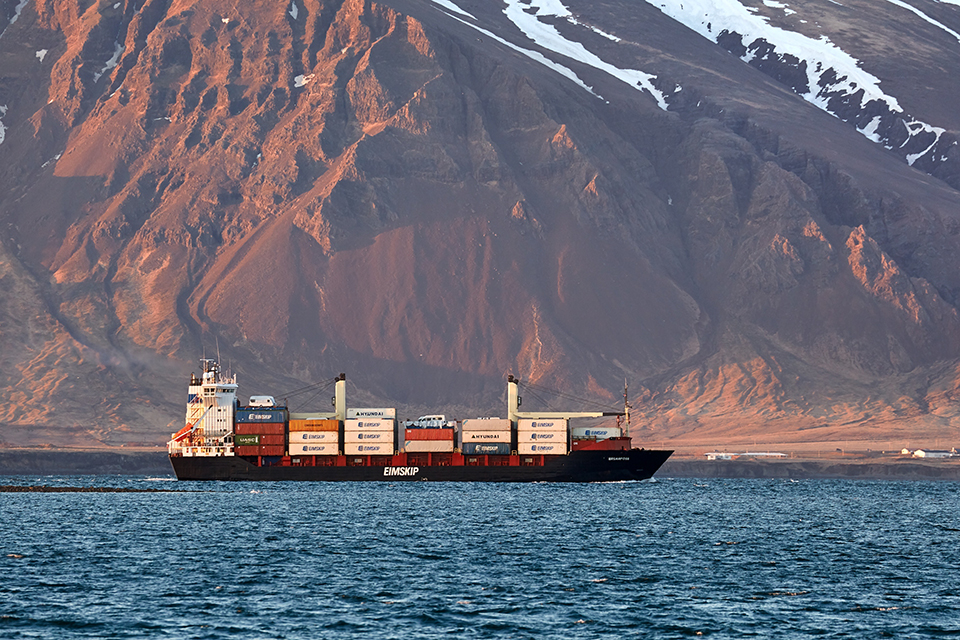
Responsibility
‘They thought we were crazy’: Behind one Faroe Island salmon farmer’s bold stance to reduce its carbon emissions
Hiddenfjord executive’s insistence that “fish should never fly” flies in the face of industry norm. This Faroe Island salmon company intends to do things greener.



